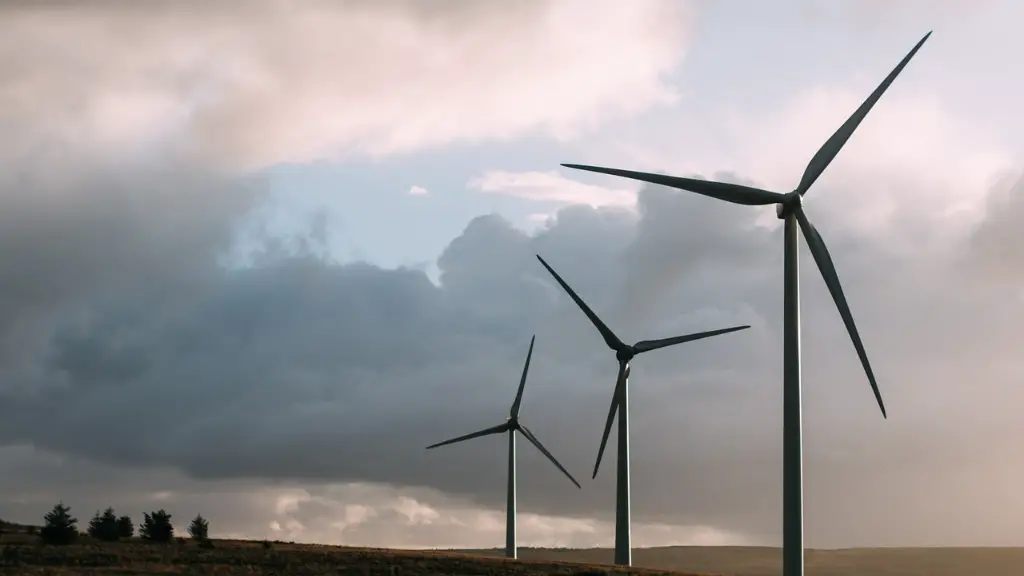Global warming is one of the most pressing environmental issues of our time, having the potential of impacting the planet’s atmosphere, climate, ecosystems and life on a massive scale. Despite concerns, there remain many unanswered questions about its causes, consequences and potential solutions. One prominent question is: how did global warming begin?
There are a wealth of opinions surrounding the roots of climate change. Scientists suggest that dramatic climate shifts have been occurring for thousands of years; however, experts believe direct human impact has recently added to the acceleration of global warming. This can be traced back to the Industrial Revolution in the mid-1700s, when European civilization began to heavily exploit fossil fuels as a form of energy. Before this time, atmospheric concentrations of key greenhouse gases, like carbon dioxide, had remained at relatively consistent levels.
The use of coal, oil and gas enabled swift economic expansion; however, burning these fossil fuels introduced unprecedented volumes of carbon dioxide into the atmosphere. This has caused global temperatures to rise steadily, with particularly swift increases in the past few decades. Aside from this, deforestation and over-consumption is also heavily implicated in global warming. Forests play a fundamental role in carbon sequestration, meaning they absorb and store carbon dioxide to keep the atmosphere healthy. Principally, the removal of these forests has caused more carbon dioxide to be present in the atmosphere, leading to a rapid increase in global temperatures.
The tangible impacts of global warming are increasingly apparent, with extreme weather patterns and accelerating sea levels being the two most visible consequences. Calamities such as floods, heat waves and hurricanes can no longer be considered unusual events, but a regular part of the Earth’s climate. Scientists estimate that since the 1880s, the Earth’s average temperature has increased by around 1.2°C, which further incentivizes the urgent need to mitigate its effects.
Indeed, it is now increasingly certain that direct human environmental disruption is the cause of global warming. Whilst many scientists once believed that climate change was largely attributable to natural fluctuation, research now suggests that it is primarily due to industrial activity. Although difficult changes may need to be made, it is essential that serious attention is given to taking actions which address global warming and reverse its effects.
To bring about this change, greater collective effort must be made to put an end to our reliance on energy methods which produce greenhouse gases. The continued and rapid use of deforestation must also be resisted. Government policies and educational campaigns must be implemented to ensure that people understand the root causes of climate change, and how best to move forward in reducing its effects.
Though the root causes of global warming are now more agreed upon, direct action needs to be taken to secure a safe and healthy environment for generations to come. This means making more conscious and sustainable decisions when it comes to the way we utilize energy and protect the natural world.

